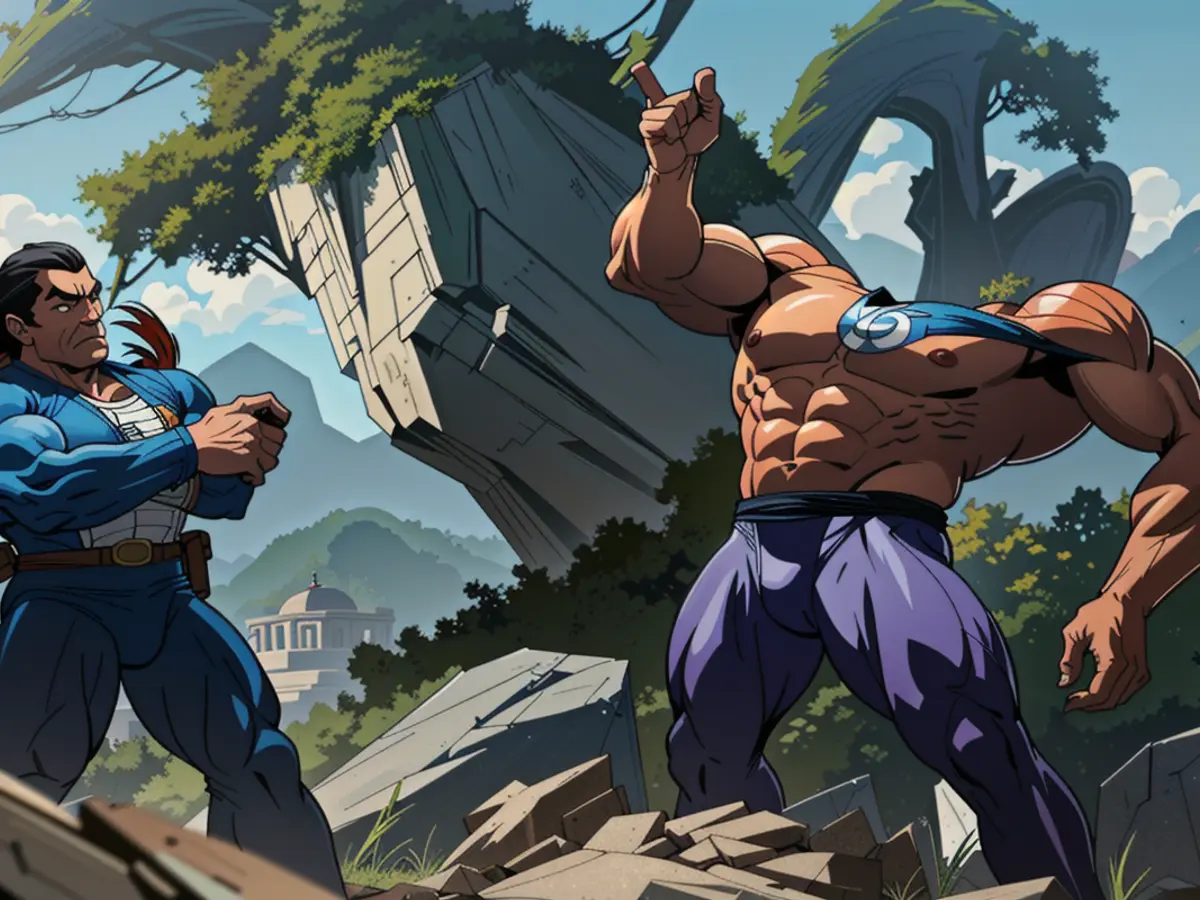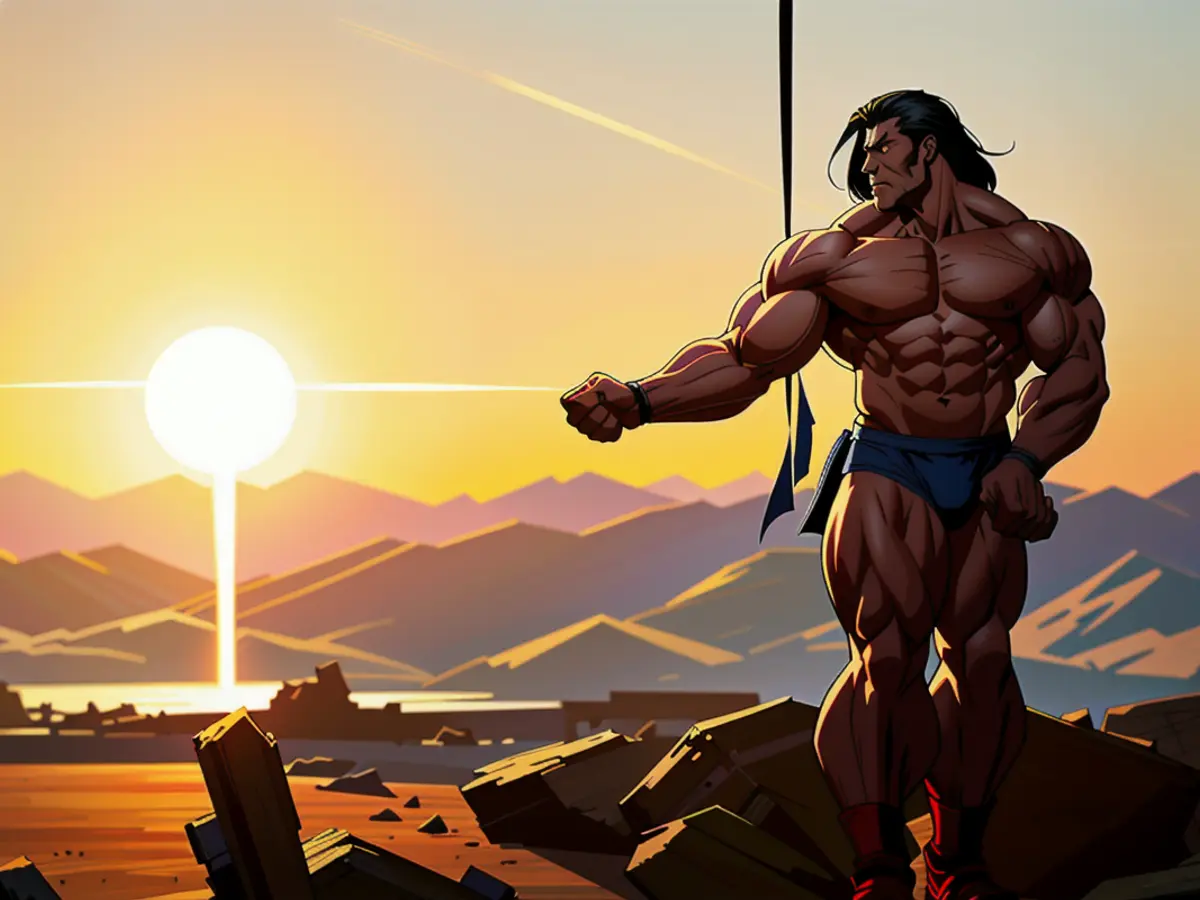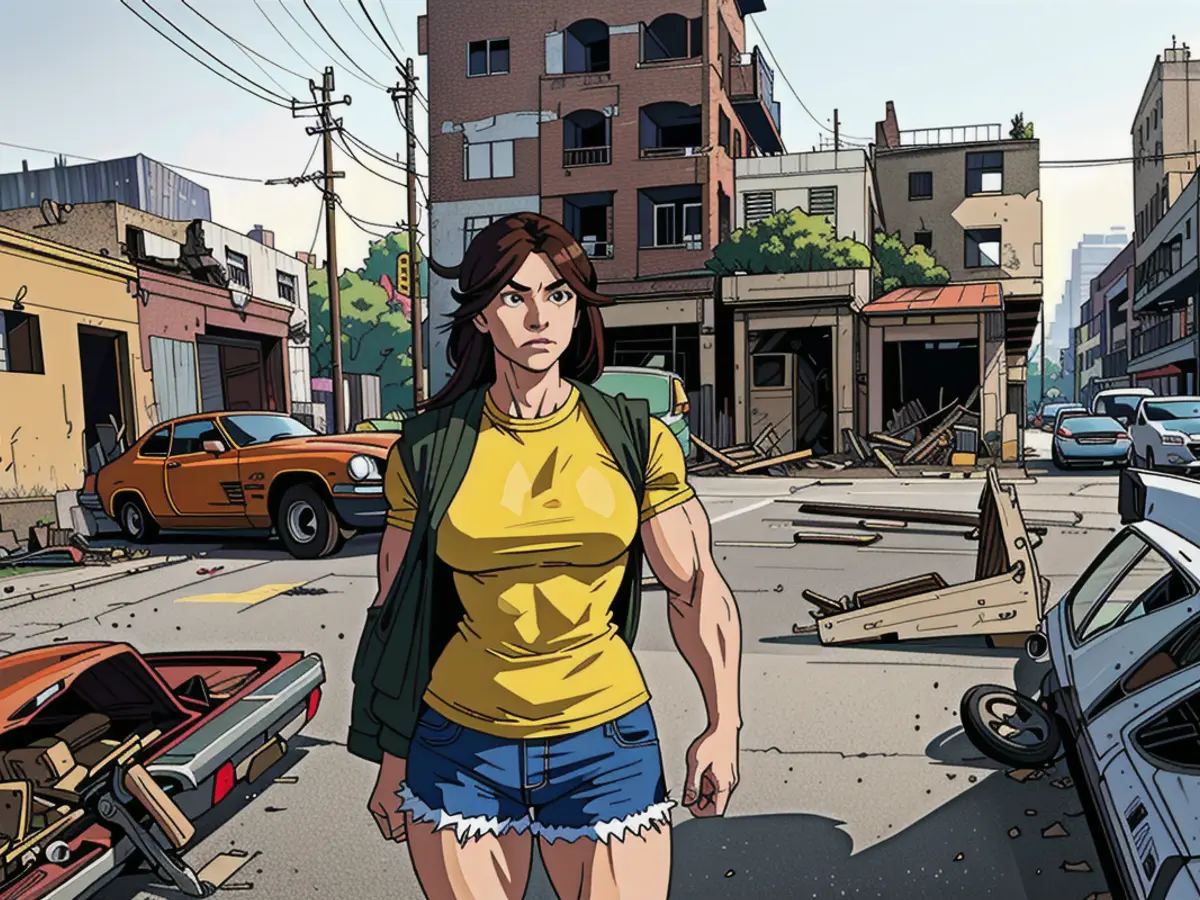Netflix series creator Alex García López Discloses His Perspective on 'One Hundred Years of Solitude' Adaptation
Transforming Gabriel Garcián Marquez's globally acclaimed novel, One Hundred Years of Solitude (Cien Anos de Soledad), into a screen adaptation is no easy task. Published in 1967 and winner of the Nobel Prize, theBook is a beacon of magical realism in Latin American literature and has sold over 50 million copies in more than 46 languages. Adapting its intricate narrative and profound themes for a visual medium posed a unique challenge and pressure for the creative team behind the Netflix series.
To their credit, the team has managed to bring one of Latin America's most ambitious productions to life, earning praise from both critics and audiences. In its inaugural week, the series secured the top spot in Colombia as expected, but it also found a place in Netflix's Global Top 10, highlighting its widespread appeal.
Director Alex Garcia Lopez, one of the key figures behind the adaptation, believes the key was staying true to the book's essence, capturing the eloquence and subtext that Marquez infused into the story, while creating a cinematic experience that feels both authentic and universal.
Garcia Lopez, who directed five episodes of the series, immersed himself in the culture and spirit of Marquez's world to bring to life the fictional town of Macondo and the Buendía family. "Once I arrived in the Caribbean of Colombia about two and a half years ago, I started to observe, to understand the Caribbean culture," he explains. "To eat with them, to go dancing with them, to listen to the music, to be welcomed in their homes. I started to see the book differently. I started to see Gabo’s youth and his stories and his family differently. And therefore, to me, it was fundamental to bring that energy to life."
The energy that Garcia Lopez speaks of is what makes One Hundred Years of Solitude unique, he notes. "Gabo had an enormous sense of humor," he says. "He tells some very tragic and violent moments in Colombian history mixed with magical realism, but also with absurdity and humor. He makes fun of everyone. He criticizes everyone. He takes no sides."
Capturing this balance of humor, tragedy, and magic became a foundation of Garcia Lopez's directing vision.
A New Approach to Storytelling
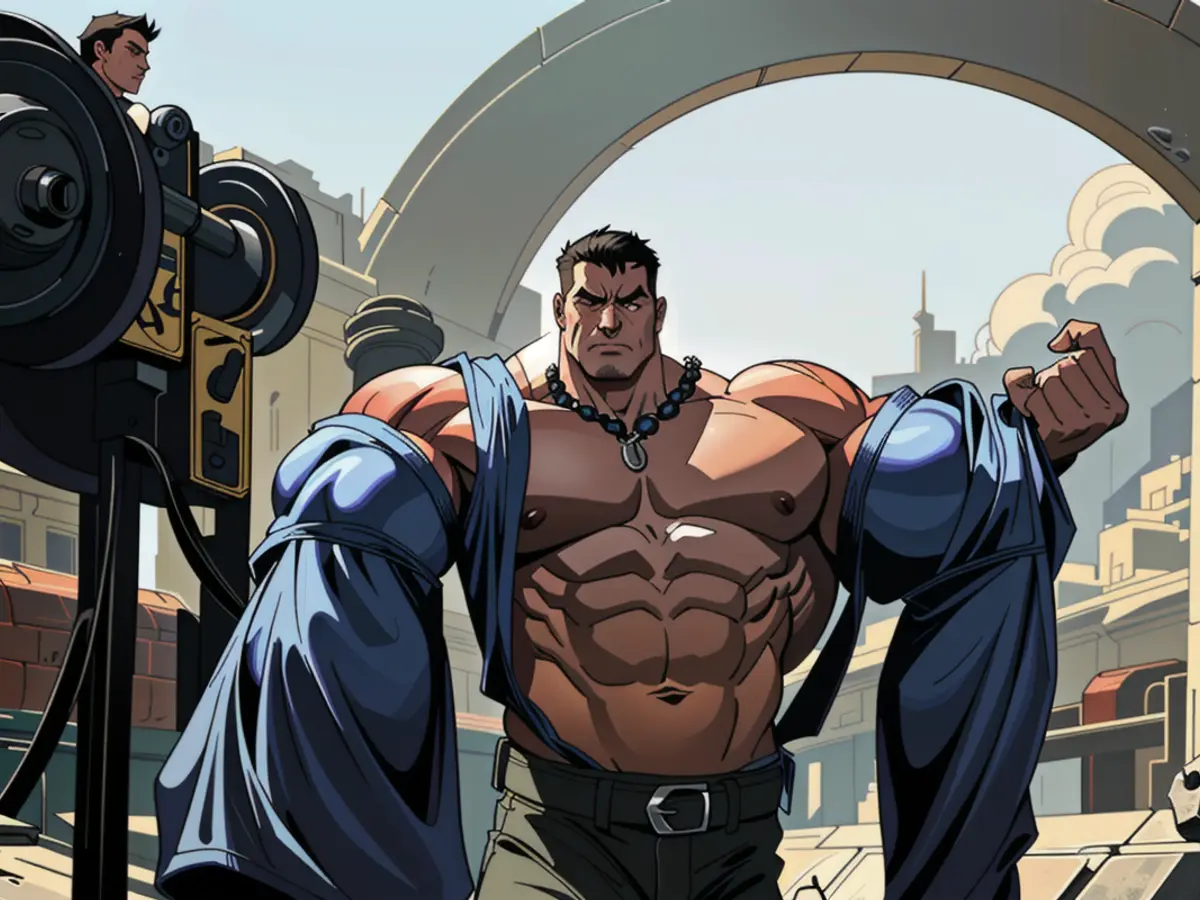
"My biggest concern was how were we going to adapt a novel that had such little dialogue, yet such a profound and unique voice," recalls the director. "But when I read the first draft of the script, I was thrilled. I was hypnotized. I saw that we actually had a chance to do this well."
The solution came in the form of a narrator, inspired by a character from the end of the book. "By having him open the book and starting to read the book written by Melquiades, you suddenly have the voice of Gabo. You have the voice of the book. You have his poetry, his prose, his energy, his passion, his rhythm," Garcia Lopez says.
This approach allowed the series to use less dialogue, while still conveying a compelling story. "Audiences today are more sophisticated," Garcia Lopez says. "We can be more ambiguous, let the audience choose and decide what’s going on. Not saying everything all the time allows the moments to breathe, and between the narration, the music, and the actors’ performances, the story can unfold naturally."
Another innovative element of the adaptation is the use of the camera to reflect the narrator's perspective. "Unlike other shows or movies where the narrator knows the beginning and end of the story, our narrator is discovering the story along with the audience," Garcia Lopez says. "The camera becomes his point of view. It’s flying around the house, trying to find who’s speaking, where the story is coming from. That gave us a slightly surreal, slightly ethereal, slightly magical element to the show."
Staying True to the Vision of a Universal Story
Throughout the process, Garcia Lopez worked closely with Garcia Marquez's sons, Rodrigo and Gonzalo, who were also executive producers of the series, to ensure the adaptation stayed true to their father's vision. "Rodrigo, who is an established, and incredibly talented filmmaker himself, was incredibly respectful," Garcia Lopez says. "At the beginning of the project, he gave us his blessing and he said 'the only thing I'm going to tell you is, don't let the weight of my father's book bring you down. Do you thing, follow your heart and enjoy it.' I took those words literally to heart."
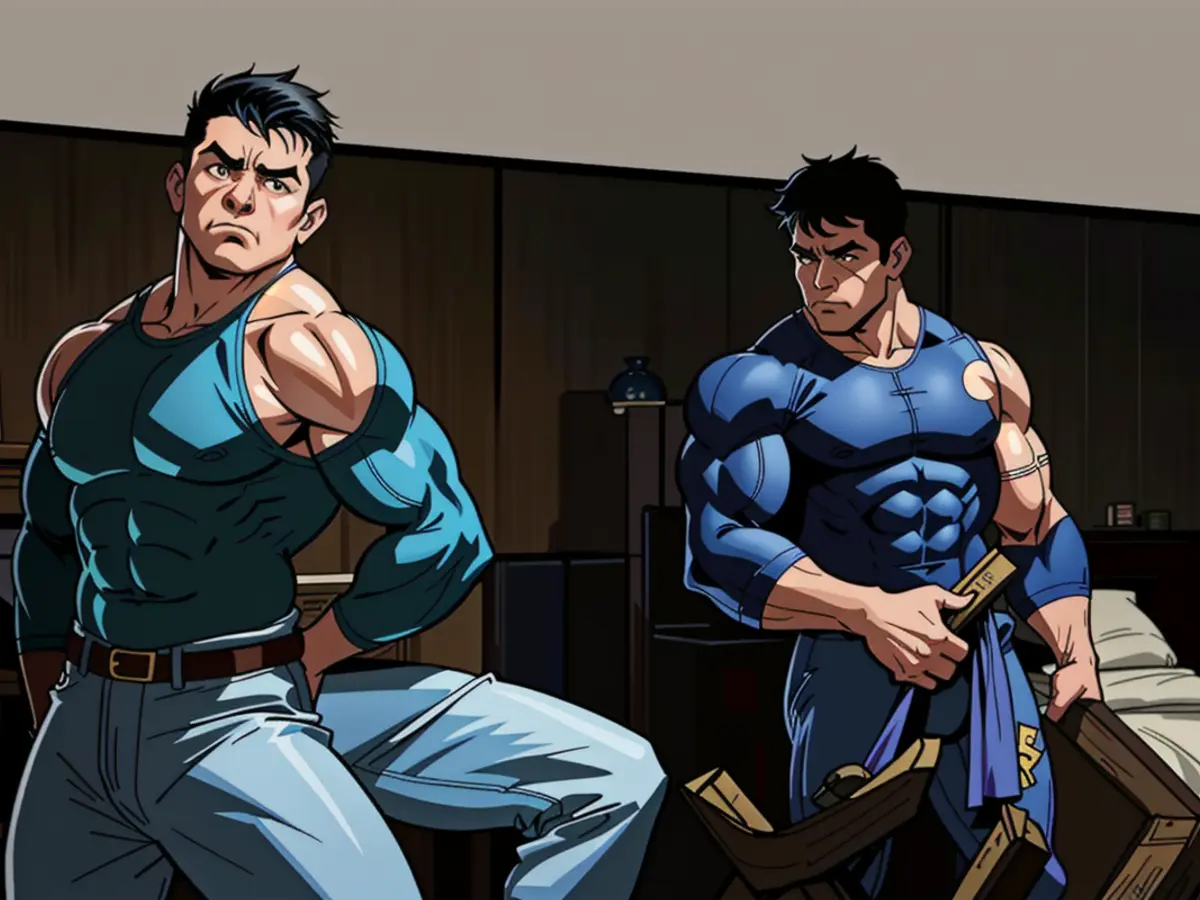
This trust allowed Garcia Lopez the creative freedom he needed to bring his vision to life. While the series is deeply rooted in the culture and history of Colombia, Garcia Lopez believes its themes will resonate with audiences worldwide.
"The narrative, the characters, and the themes are universally relatable," he articulates. "This is why the book has managed to sell over 50 to 60 million copies globally. And with Netflix's influence, people are craving stories set in places they've never explored. Just as we're now captivated by tales from Scandinavia, South Korea, Israel, and Spain, this is an opportunity to introduce the world to a story set in the 1850s Caribbean of Colombia - a world hitherto unseen."
Due to the intricacy of the plot and the challenges in production, the series was split into two parts, each consisting of eight episodes. The first segment required nine months of filming and an additional year of post-production before its launch.
"The major hurdle, among numerous others, was figuring out how to conclude this initial part - offering some sort of resolution, ending certain characters' arcs, while simultaneously setting the stage for what follows. We opted to break it down almost literally at the book's midpoint... essentially signifying, in a way, the end of one era and the dawn of another."
The second season is currently in progress. García López anticipates that viewers will get to witness the final chapter of this first-ever adaptation of Garcia Márquez's magnum opus around 2025.
The adaptation of One Hundred Years of Solitude didn't just captivate local audiences in Colombia, but also garnered attention in the global entertainment scene. Netflix's Top 10 list showed its worldwide appeal.
To ensure the adaptation stayed true to its source material, Director Alex Garcia Lopez immersed himself in Hollywood-style filmmaking techniques, blending them with the rich Caribbean culture and humor found in Gabriel Garcián Marquez's novel.
